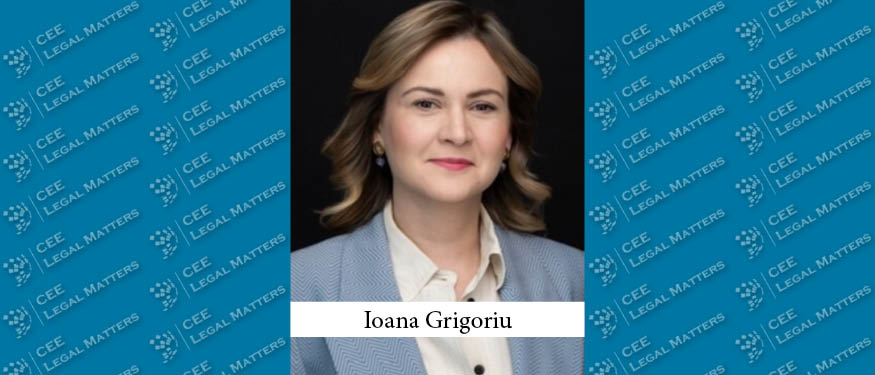The M&A news coming out of Western Europe and the US at the moment is good. In fact it’s very good; maybe, after the ice age of the past 6 or 7 years, we are seeing a thaw.
There was a consensus in C&SEE that things were improving significantly around May/June, with considerably more deal flow then, both active and soon to come online. But at the beginning of the summer the cold Siberian winds began blowing in the dark clouds from the Ukraine conflict, and as a result of Russian sanctions, some existing and planned projects seemed to go on the back burner. Potential clients and deals have been affected by the chill, either because of sanctions affecting certain entities (with the “who’s next” factor affecting others), or simply because possible Russian buyers are, in some instances, less welcome than they were before.
For these and other reasons, and in the face of uncertainty and the wave of bad news, many investors simply preferred to go on holiday and “wait and see” on the Ukraine situation.
But those Siberian headwinds have not proved insurmountable. The sanctions on Russia have also brought some positive side-effects for the non-Russian CEE markets, and many funds that were once allocated towards Russian and CIS investment have been diverted westward.
As a result, the pipeline once again seems very strong this autumn, especially when compared to this time last year. Pricing is still tough, and it’s still a very competitive market, but we are able to start being a little more selective.
So what can we do to blow on the sparks of the nascent recovery? First, potential clients affected by the sanctions should have a clear understanding of how they are affected and what kinds of transactions are affected or unaffected. In-house counsel can work with external counsel to anticipate the questions that will need to be answered to ensure compliance with the sanctions, so everyone can move forward on engagements with confidence.
Second, in order to sustain an “appetite” for deals, sellers should prepare themselves much more in advance for a sale. Some sellers don’t want to spend money preparing for a sale “because so many processes fail anyway,” but they should: (1) put in place good corporate governance much earlier (if not already there); (2) organize a properly populated data room; (3) consider carrying out some vendor due diligence to identify missing documents and to be better prepared to fix issues or have contingency planning in place. They may consider making available a vendor due-diligence report to bidders; (4) prepare a sensible and balanced SPA; (5) check the regulatory position of the bidders to identify the bidder most capable of navigating to a quick closing; and (6) monitor the bidders’ progress on arranging financing. Sellers wanting to be truly organized can also consider arranging stapled financing or stapled warranty and indemnity insurance package.
These are just a few examples. The more we can do collectively to remove uncertainty and obstacles to a smooth closing, the better.
There are obviously still plenty of challenges to deal with, and the Ukraine crisis had a very unfortunate timing, coming as it did just as things started to look brighter. Nevertheless it does seem that a combination of the flow of funds, the pent-up demand from several years of relatively low deal-making, and the more sustained good news from the US and Western Europe could be the warm winds that eventually will blow away some of the clouds that have briefly reappeared.
The opinions in this article are personal and do not necessarily reflect the views of Allen & Overy.
By Hugh Owen, Partner, Allen & Overy
This Article was originally published in Issue 5 of the CEE Legal Matters Magazine.
















